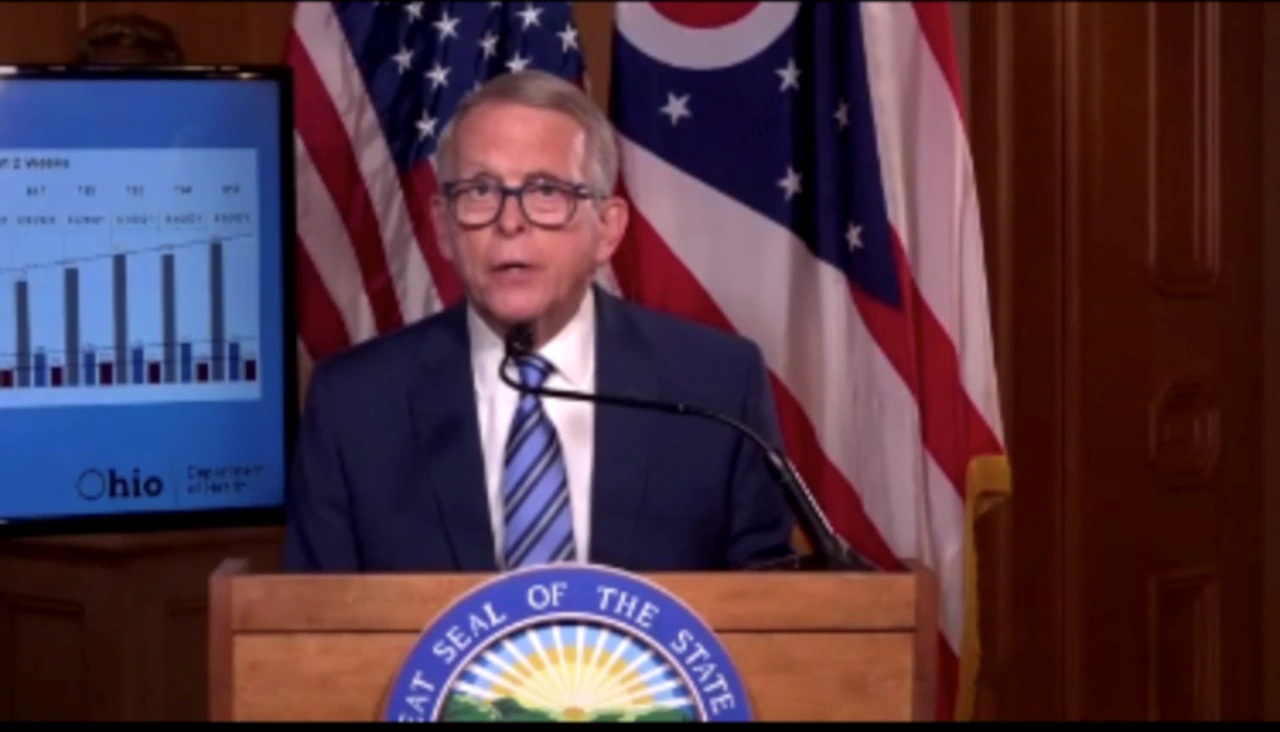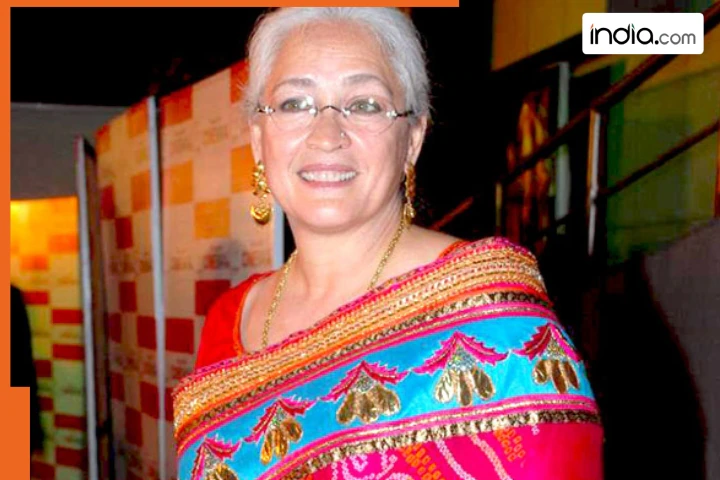
COLUMBUS, Ohio—The Ohio Department of Health was justified in refusing to provide data on COVID-19 deaths and vaccinations in the state to a critic of Gov. Mike DeWine’s coronavirus policies, the Ohio Supreme Court ruled Tuesday.
In a narrowly decided 4-3 decision, the state’s high court held that although the data itself is a public record, health department employees weren’t required to turn it over to Kathryn Huwig of Geauga County because they would have to export the statistics from state databases into an Excel spreadsheet.
That’s because, under Ohio public records law, government workers don’t have to fulfill records requests that require them to create a new record or to compile information together. The court ruled Tuesday that is effectively what Huwig was asking the health department to do.
Your feedback matters
Do you agree that the Ohio Department of Health should not be required to create and release spreadsheets of data on deaths and vaccinations in the state?
“Reprogramming a computer’s software to extract certain information from an existing public record and then compiling that information into a new file creates a new record to the same extent that combing through an existing public record and copying the relevant information by hand onto a steno pad would,” the court held in its unsigned opinion.
Huwig has been a vocal critic of the COVID vaccine and DeWine administration’s coronavirus restrictions, sharing her analyses of state coronavirus data online and in legislative committee hearings.
In 2023, she asked the Ohio Department of Health to provide her spreadsheets of data from two state databases: one with details about each death in Ohio, the other with Ohioans’ vaccination records.
Stories by Jeremy Pelzer
Ohio redistricting process hits dead end as Republicans play waiting game
Ohio’s revised ‘Art Modell Law’ takes effect, amid legal battle over consequences for new Browns stadium
From bipartisanship to power politics: why the promises of Ohio’s redistricting reform unraveled
Huwig asked for data in more than 100 different fields – first over a seven-year period, then later just for the year 2021. She did not ask for Ohioans’ names and addresses.
The state health department rejected Huwig’s request, saying it wouldn’t create a new record for her.
When Huwig asked for the full database data for 2021 (with personal information redacted), health department officials replied that such a request was overly broad and would inevitably result in protected health information being disclosed.
Huwig then asked for more information about how the department organizes the databases so that she could fine-tune her request, but state health officials refused on security grounds.
After being shut down on all fronts, Huwig sued.
In an affidavit, Huwig stated the data she was seeking provided important information – such as secondary causes of death – that she couldn’t get from the state health department’s public statistics. She also accused the DeWine administration of concealing or manipulating COVID information to justify its policies.
“Why and how people have died in the state of Ohio is critically important for those who still are living in the state of Ohio,” she stated.
Lawyers for the state argued that Ohio Department of Health would have to “undertake considerable effort” to create the custom reports that Huwig asked for, and that fulfilling her request could open the door to others seeking similarly large amounts of information. They also argued that Huwig could conduct a lot of her analyses using publicly available data.
The court’s ruling in favor of the health department was joined by Ohio Supreme Court Justices Joe Deters, Pat DeWine, Pat Fischer, and Dan Hawkins, all of whom are Republicans.
Chief Justice Sharon Kennedy, in a written dissent, took issue with the health department’s claim that it’s difficult to determine what data it can release to avoid identifying particular Ohioans.
“If accepted, this argument would practically vitiate all public-records requests made to the department,” wrote Kennedy, a Republican.
She also disputed that Huwig’s request for redacted copies of the two entire databases for 2021 was an overly broad request, calling it “tantamount to a claim that a public office can deny a public-records request if the requested record is too many pages long. However, that is not the law.”
Justice Megan Shanahan, a Republican, concurred with Kennedy’s dissent.
Justice Jennifer Brunner, the court’s lone Democrat, dissented without a written opinion.



